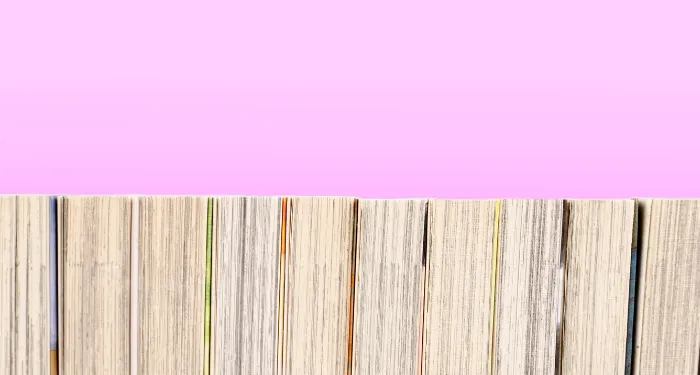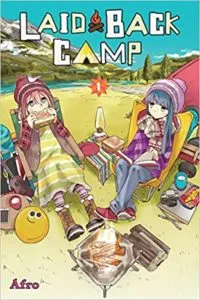
Your Reading Life Needs More Manga In It
I didn’t used to read manga — or romance, or fanfiction. Despite happily consuming YA contemporary and other book that are often judged by literary snobs, I had my own genre hangups. I wasn’t a romance person — until I read Take a Hint, Dani Brown by Talia Hibbert and I realized how good it could be. And when my fixation on a certain TV show led me back to my teenage fanfic haunts, I remembered why I used to read them in the first place.
Romance, fanfic, and manga don’t seem to have a lot in common (though if you write something that is all three about one of my favourite TV shows, I will definitely read it), but they all play a similar role in my reading life. They remind me of how fun reading can be. That seems like a ridiculously obvious thing to say from a lifelong reader, but I often associated reading with progress, learning, and emotional growth. It’s easy for me to forget that it can be just as much about giggling and swooning and going through volumes like popcorn.
While romance reminded me of the joy of the swoon (and yes, a steamy scene), and fanfic reminded me of how fun it is to dip back into a world you already know and love — especially when it’s written in short, dialogue-heavy paragraphs — manga has introduced me to a snacking kind of reading I’ve never found anywhere else.
(I want to interject a quick disclaimer here to say that romance, fanfic, and manga can all be beautifully written, challenging, and literary — I just tend to seek out the fluffiest examples of them.)
I’ve read graphic novels for as long as I can remember, and while those are quicker reads than prose, I often have to stop and soak in the story as I go. I’m not a very visual person, so it takes active attention to see what’s happening in the background and really process the story the artwork is telling.
Reading comics versus manga feels substantially different to me, even though manga just means Japanese comics. The manga series I’ve picked up, though, are much quicker reads than the graphic novels I’m used to. The illustration are black-and-white (almost always) and generally more simple, so it doesn’t take as long to take them in. While I am prone to fall into reading slumps most of the time, manga never feels like a burden to pick up, and it always feels like I can squeeze it into a spare half hour of my day.
The stories, too, I’ve found are plotted differently than the American comics I’m used to. I’ve realized that I should always have the next few volumes on a manga series on hand when I start it, because each volume feels more like a chapter of the story than a standalone. I tear through them and am always looking for more. It is more like reading one serialized story than a series of sequels.
Recently, I started reading Laid-Back Camp by Afro. It’s about a group of high schoolers who go camping together. That’s the whole story. There are 12 volumes! As soon as I heard this series existed, I knew I needed to pick it up, and it’s exactly what I was hoping for. It’s a calming, gentle story that puts me in a contended space while reading it. I learned that this sub-genre is called iyashikei, or healing manga/anime, and that seems like a perfect word for it.
I avoided manga for a long time, because I didn’t think it was for me. The names are so often silly, and the premises can be…a bit strange (That Time I Got Reincarnated as a Slime?). But there are a ton of different genres, and I’ve found a niche in iyashikei manga as well as queer manga.
If you’ve been avoiding manga out of genre/format snobbery, I highly recommend giving it a try. And in general, I think readers can benefit from remembering all of the different things books can do. They can challenge and change us, and they can comfort us and offer an escape. There’s room for all kind of books in our book consumption, and the more diverse it is, the better our reading lives become.
Not sure where to get started with manga? Check out 50 of the Best Manga or browse our other manga lists!












